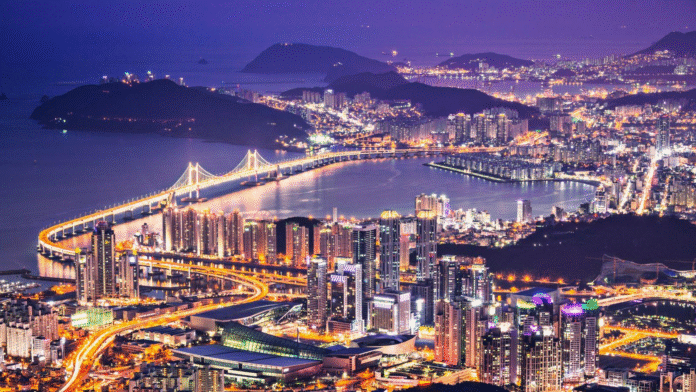South Korea’s tourism rebounds with 8.83 million visitors as the government considers resuming individual North Korea tours to ease inter-Korean tensions.
South Korea recorded a significant rebound in inbound tourism in the first half of 2025, welcoming 8.83 million international visitors — a 14.6% increase year-on-year and surpassing 2019 pre-pandemic levels by 4.6%, according to data released by the Korea Tourism Organization (KTO).
China remained the top source market with 2.53 million arrivals, followed by Japan (1.62 million), Taiwan (860,000), and the United States (730,000). The month of June alone saw 1.62 million foreign entries, reflecting a 14.2% rise from the same month last year. Outbound travel by South Koreans also showed a strong recovery, reaching 14.56 million during January–June 2025, which represents 97% of the 2019 benchmark for the same period.
This rebound aligns with broader efforts by the South Korean government to leverage tourism as a driver for economic recovery and regional stability. In a parallel development with potentially profound tourism implications, the Ministry of Unification confirmed that Seoul is considering the reintroduction of individual tours to North Korea, a proposal being reviewed as part of efforts to ease tensions and improve inter-Korean relations.
The initiative follows President Lee Jae-myung’s broader policy agenda focused on de-escalation and renewed dialogue with Pyongyang. As part of this approach, the administration recently suspended anti-North broadcasts along the DMZ and discouraged provocative leaflet campaigns.
Although group tours to North Korea remain suspended due to sanctions and security concerns, individual tours could provide a symbolic and practical pathway for reengagement. The Ministry clarified that such visits, if implemented under strict controls, would not constitute a breach of current UN sanctions.
Tourism to North Korea, while highly restricted, has historically served as a controlled source of foreign currency for Pyongyang and a rare form of inter-Korean people-to-people exchange. The proposed resumption of individual travel — discussed during a National Security Council meeting on July 10 — could emerge as a diplomatic tool amid stalled denuclearization talks and prolonged geopolitical friction.
For the wider travel and hospitality industry, these developments signal both recovery momentum in South Korea’s inbound tourism sector and a possible shift in the regional travel landscape, should North Korea partially reopen under a monitored framework. Stakeholders in the Asia-Pacific travel are advised to closely monitor policy signals from Seoul as the situation evolves.











